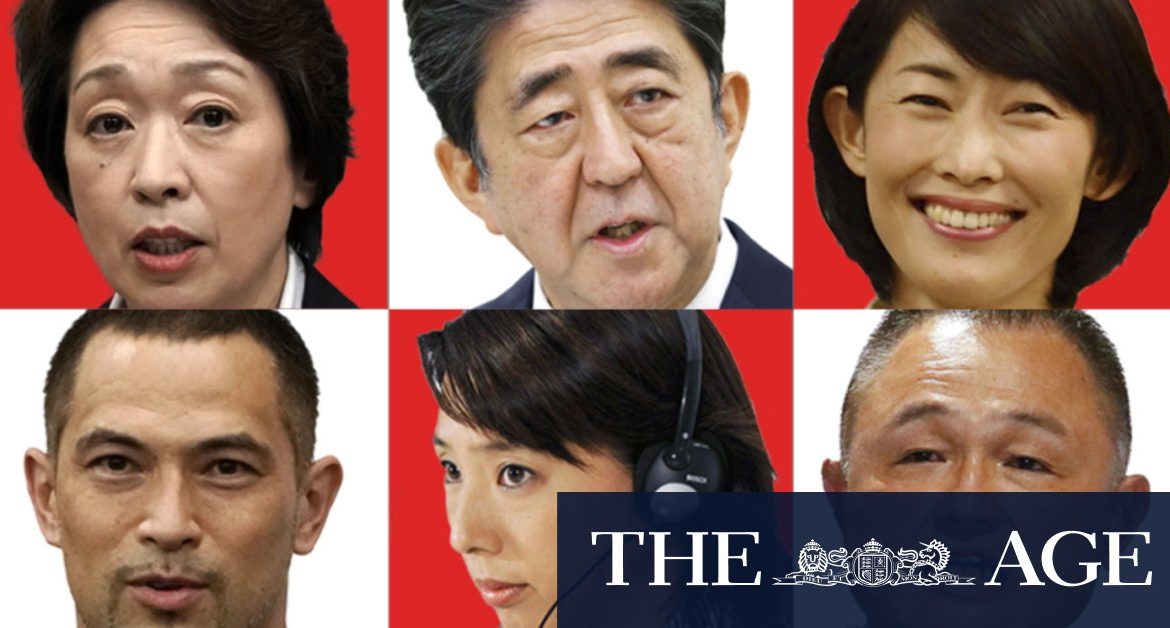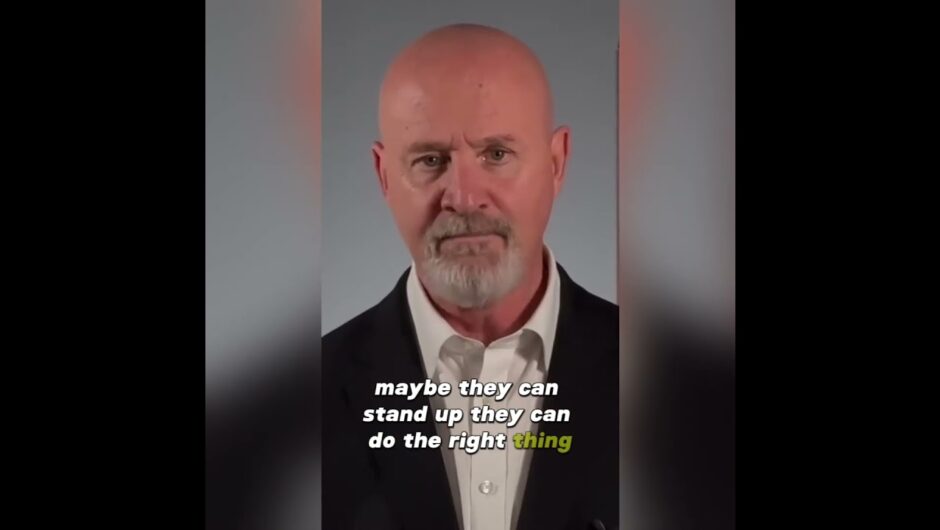The Games, already facing crippling coronavirus restrictions and dwindling public support, have found themselves at the centre of a dispute between the Japanese men that have run the country for decades and a growing furore over their treatment of women in power.
In the running: former swimmer Mikako Kotani, right, was part of the Tokyo bid team.Credit:AP
For many of Japan’s more progressive younger generation, Mori’s resignation after weeks of apathetic apologies, was too little too late. Hopes of progress were further dashed when he initially nominated his 83-year-old male colleague Saburo Kawabuchi to replace him. In an attempt to quell the backlash, the Japanese government on Wednesday announced it wanted to have five female MPs join key meetings of the ruling party in the future – but only as silent observers.
“It is not surprising, but it is distressing that in this day and age we still hear it,” said Dr Ikuko Nakane, an associate professor in Japanese at the University of Melbourne.
The comments belie decades of structural inequality and restrictions on the upward mobility of Japanese women in society. The third largest economy in the world is ranked 121st on the World Economic Forum’s 2020 Global Gender Gap Index, in 2019 Japan’s health minister defended the right of companies to force women to wear high heels at work, judicial punishments for sexual assault remain well below that of other countries, the age of consent is 13.
Nakane said efforts have been made to increase women’s workforce participation, but these have been mostly rhetorical. Former prime minister Shinzo Abe launched a campaign to make “women shine” in 2014, only for there to be a chronic lack of childcare availability to allow them actually get back into the office.
“There is also a lot of pressure for them to resign from work when they get married and have children,” Nakane said.
Increasingly women, particularly in opposition, are leading the condemnation of male dominated structures. Half-a-dozen female lawmakers protested Mori’s comments by wearing white with roses attached to their lapels in a nod to the suffragette movement.
“The administration is showing its blatant contempt for women,” Kiyomi Tsujimoto, the deputy leader of the main opposition Constitutional Democratic Party told national broadcaster NHK.
Loading
But some who do make it into government can self-correct into stereotype.
At the Shangri-La Dialogue in Singapore in 2017, Japan’s Defence Minister Tomomi Inada shared the stage with Australian Defence Minister Marise Payne and France’s Sylvie Goulard.
“We belong to the same gender, the same generation and, most importantly, we are all good looking,” she said.
Nakane said the Liberal Democratic Party had been in power for so long, with seats and ministries passed between fathers and sons that their views had become entrenched. Only 15 per cent of Japanese MPs are women.
“That means they can get away with all of these public comments and holding onto ideologies that are really conservative and sometimes discriminatory,” said Nakane.
“But at the end of the day they are still supported by the people. There is really no strong alternative.”

L-R top then bottom: Seiko Hashimoto, Shinzo Abe, Tamayo Marukawa, Koji Murofushi, Mikako Kotani, Yasuhiro Yamashita.Credit:The Age
List of leading candidates to replace Mori
Mikako Kotani, 54 – Sports director of the Tokyo Games and an artistic swimming Olympic medallist.
Tamayo Marukawa, 50 – Former Olympics minister from 2016-17. Head of public relations for the LDP and a former television anchor.
Seiko Hashimoto, 56 – LDP minister in charge of the Olympics. Seven-time Olympian including three summer Olympics as a track cyclist and four winter Games as a speed skater.
Yasuhiro Yamashita, 63 – Japanese Olympic Committee chairman. Former Judo gold medallist.
Koji Murofushi, 46 – Former sports director of the Tokyo Games. Two-time Olympic medallist in hammer throw.
Shinzo Abe, 66 – Former prime minister of Japan who resigned in September over health concerns.
Eryk Bagshaw is the China correspondent for The Sydney Morning Herald and The Age. Due to travel restrictions, he is currently based in Canberra.
Most Viewed in World
Loading







